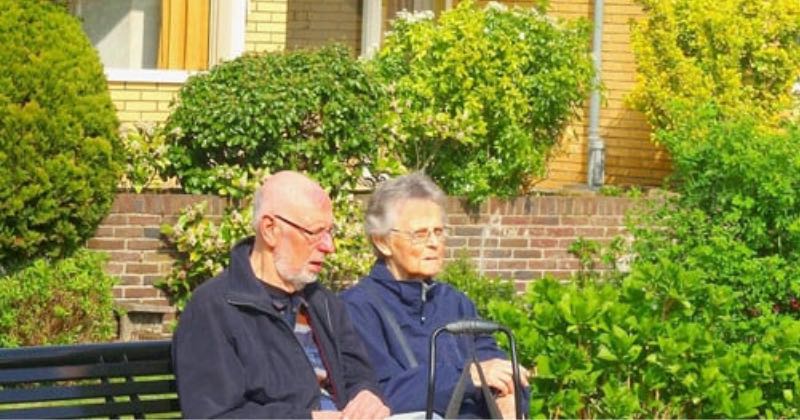Securing a housing option that aligns with your financial constraints can often feel like a Herculean endeavor, particularly when navigating life on a fixed senior income. Nevertheless, there are numerous affordable housing solutions that can provide a nurturing and comfortable environment.
Many of these options stem from government programs or are cost-effective alternatives to conventional housing. Below, we explore several affordable housing avenues for seniors:
1. Virtual Retirement Communities
For those who cherish their current neighborhood and prefer not to relocate, virtual retirement communities offer a compelling solution. These organizations deliver services akin to those found in traditional retirement homes, enabling seniors to enjoy support without the hefty fees.
Services offered by virtual retirement communities include:
- Transportation services
- Pet care
- In-home repairs
- Housekeeping
- Meetings with trained health professionals
- Grocery shopping assistance
While this isn’t a direct reduction in housing costs, it provides access to the benefits of retirement communities at a fraction of the cost, with services available for as low as $600 annually.
2. Housing Choice Voucher Program
The Housing Choice Voucher Program, a federal initiative, assists low-income families and seniors in affording their monthly rent. This program offers flexibility, allowing participants to choose their living arrangements rather than being confined to public housing.
To qualify for a housing choice voucher:
- Your income must be below 50% of the median income for your area.
- The value of the voucher varies based on individual circumstances.
- Local Public Housing Agencies determine the maximum assistance provided.
Landlords must agree to participate in this program, permitting seniors to rent under these conditions.
3. Co-op Housing
Co-op housing is gaining traction among seniors as a cost-effective living option. In this arrangement, residents purchase shares in a corporation that owns the building, granting them the right to lease a specific unit and access shared spaces.
Benefits of co-op housing include:
- Potential for financial growth, as shares may increase in value by 1-2% annually.
- Voting rights on building management through membership, offering a say in community decisions.
- Cost savings through the use of shared amenities instead of individual ownership.
This communal living model fosters a sense of belonging and financial stability among senior residents.
4. Public Housing
Low-income seniors qualify for public housing, a program serving over 1.2 million households in diverse residence types, from single-family homes to high-rise apartments. Public housing provides an opportunity for seniors to remain in their communities at an affordable cost.
Key aspects of public housing for seniors:
- Long-term residency is permitted as long as lease terms are met.
- Seniors comprise about 31% of public housing occupants.
- Rent is adjusted based on annual income, offering a more budget-friendly option compared to private retirement communities.
To explore public housing opportunities, seniors should contact their local Public Housing Agency, responsible for managing these programs and ensuring their effective operation.
Conclusion
With the array of options outlined above, low-income seniors can find affordable housing solutions that suit their budgets and preferences. These alternatives not only alleviate financial burdens but also allow seniors to redirect funds toward other essential expenses, contributing to a more balanced and enjoyable lifestyle.
Explore these avenues to discover a housing option that aligns perfectly with your financial and personal needs, ensuring a secure and comfortable living environment.




